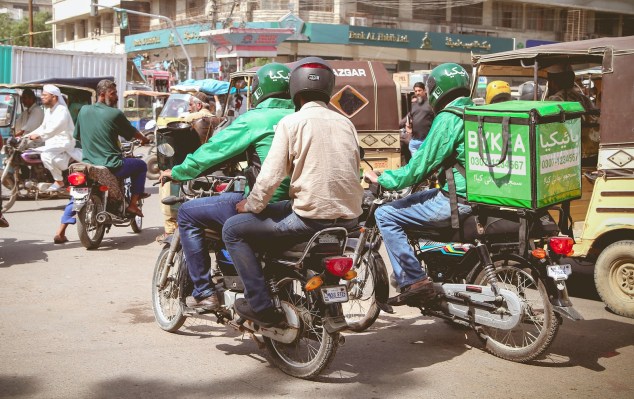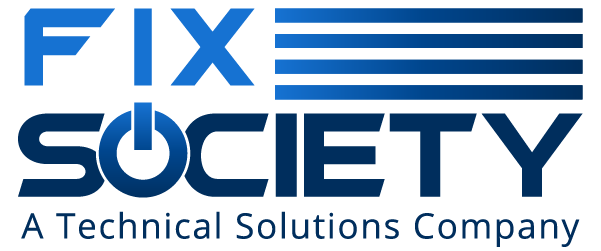
Bykea, which leads the ride-hailing market in Pakistan, has raised $13 million in a new financing round as the five-year-old startup looks to deepen its penetration in the South Asian country and become a “super app.”
The startup’s new financing round, a Series B, was led by storied investment firm Prosus Ventures . It’s the first time Prosus Ventures has invested in a Pakistani startup. Bykea’s existing investors Middle East Venture Partners and Sarmayacar also invested in the round, which brings its total to-date raise to $22 million.
Bykea leads the two-wheeler ride-hailing market in Pakistan and also operates logistics delivery business and financial services business. The startup has partnered with banks to allow customers to pay phone bills and get cash delivered to them, Muneeb Maayr, founder and chief executive of Bykea, told TechCrunch in an interview.
Fahd Beg, Chief Investment Officer at Prosus Ventures, said firms like Bykea are helping transform big societal needs like transportation, logistics and payments through a technology-enabled platform in Pakistan. “Bykea has already seen impressive traction in the country and with our investment will be able to execute further on their vision to become Pakistan’s ‘super-app,” he said in a statement.
Bykea works with over 30,000 drivers who operate in Karachi, Rawalpindi and Lahore. (Two-wheelers are more popular in Pakistan. There are about 17 million two-wheeler vehicles on the road in the country today, compared to fewer than 4 million cars.)
The investment comes at a time when Bykea’s business restores the losses incurred by the coronavirus outbreak. Like several nations, Pakistan also enforced a lockdown to curtail the spread of the virus.
Maayr said the startup did not eliminate jobs and instead cut several other expenses to navigate through the tough time.
One of those cuts was curtailing the startup’s reliance on Google Maps. Maayr said during the lockdown time, Bykea built its own mapping navigation system with the help of its drivers. The startup, which was paying Google about $60,000 a month for using Maps, now pays less than a tenth of it, he said.
Starting August, the startup’s operations have largely reached the pre-coronavirus levels, he said.
More to follow…

Recent Comments